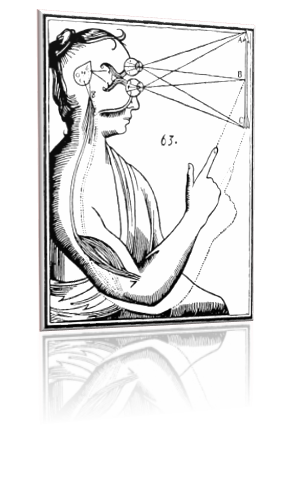
NSC 510 Sensory and Motor Systems Neuroscience
This is a graduate level course on sensory-motor systems. By using a systems-level approach, we cover sensory-motor performance and the underlying neural mechanisms. Sensory systems (e.g., visual, auditory, somatosensory), motor systems initiating/controlling movement and sensory-motor integration are examined. That is to say, we focus on how single neurons and populations of neurons represent sensory information, how sensory signals are transformed and decoded to mediate perception, and how perceptual signals are converted into neural commands to initiate actions.
NSC 546 Scientific Computing for Neuroscience
This course provides programming techniques in Matlab that are particularly relevant to researchers in sensory systems/behavioral neuroscience. The goal of the course is for students to develop some proficiency in designing, writing, and debugging computer programs to control experiments, perform data analyses, and simulate simple neural and psychological mechanisms. Accordingly, the lectures focus on experimental design, stimulus presentation, experimental timing, graphical user interfaces, curve fitting, randomization techniques, basic statistics, and customized data plotting, debugging and code optimization techniques.